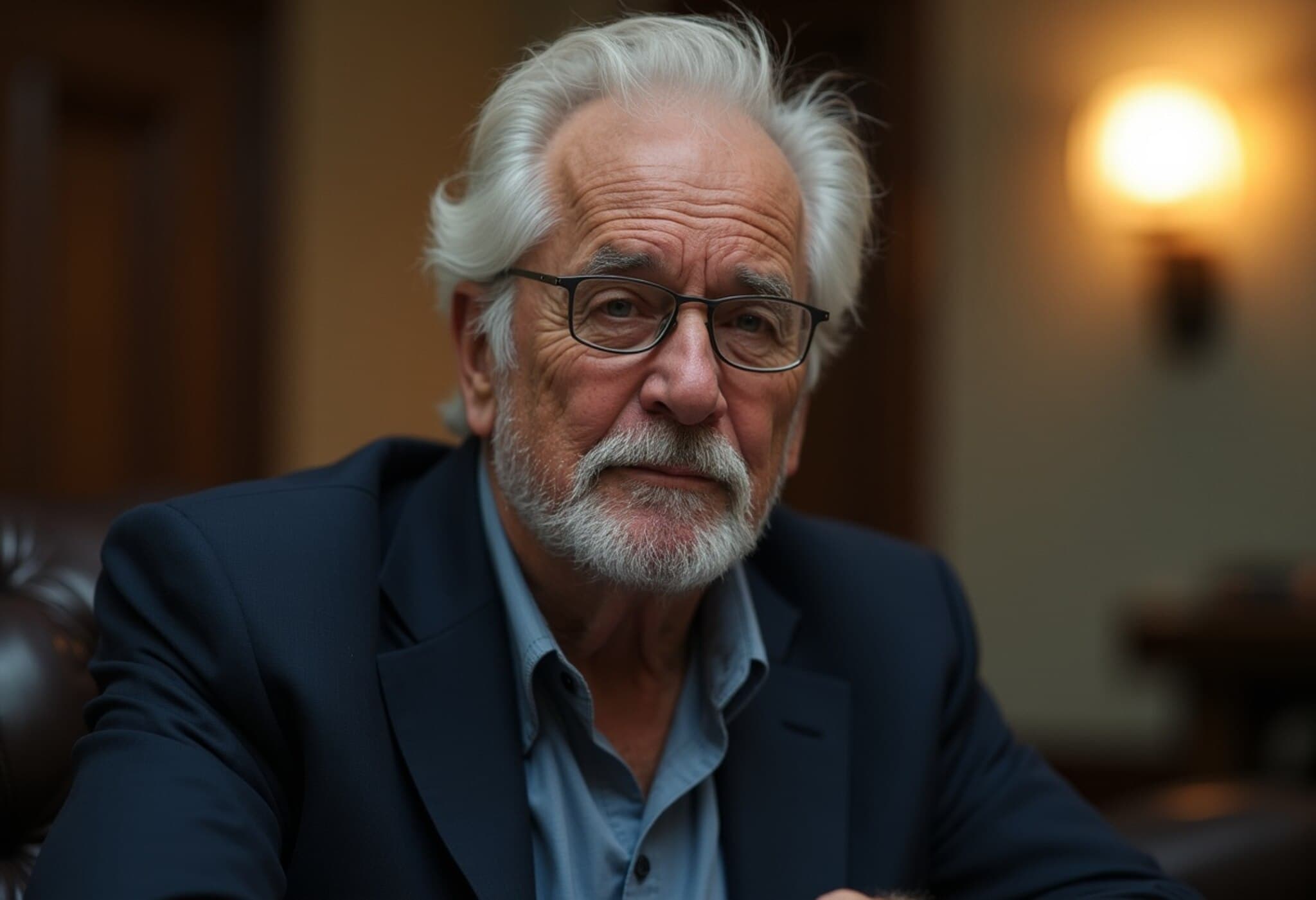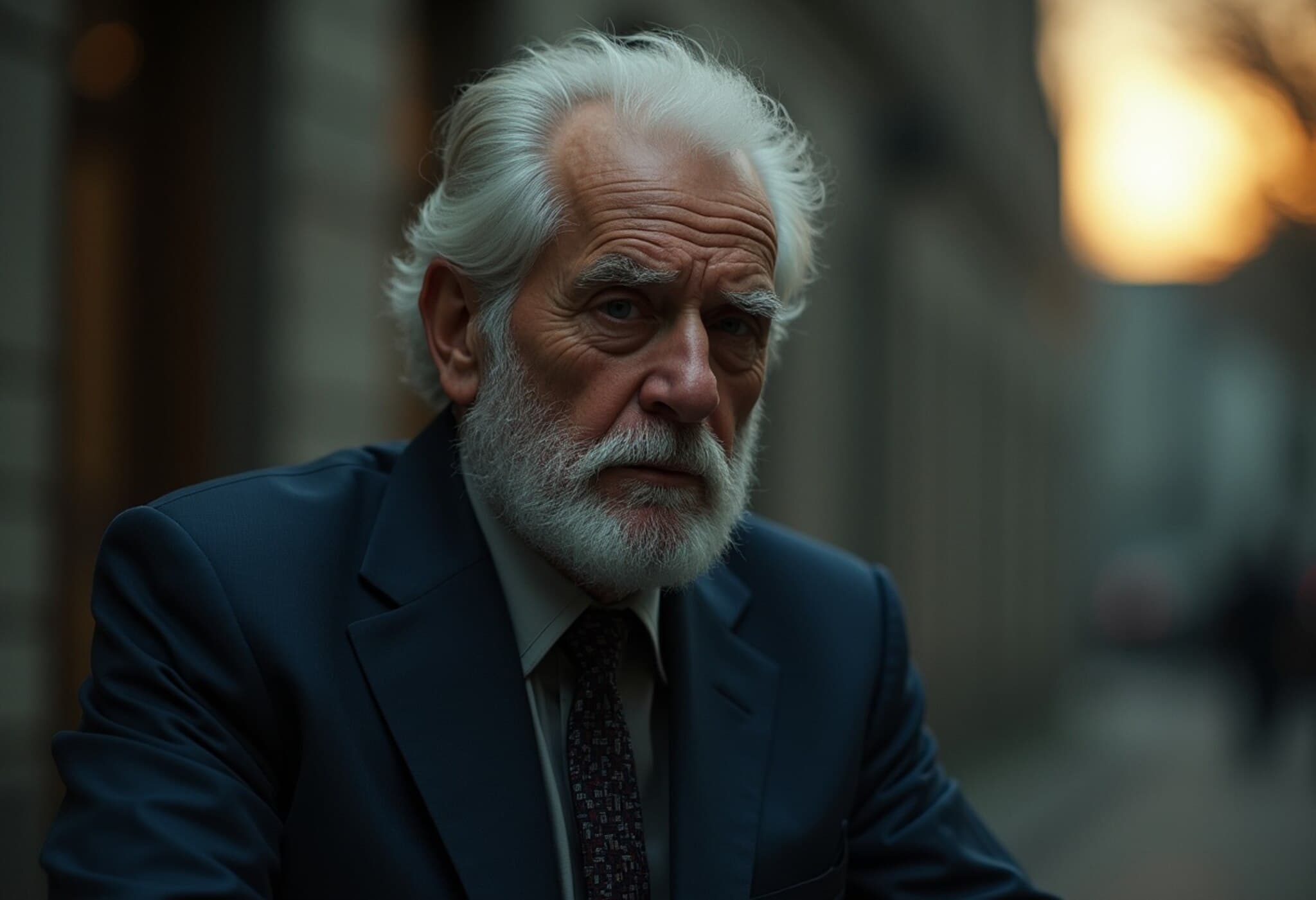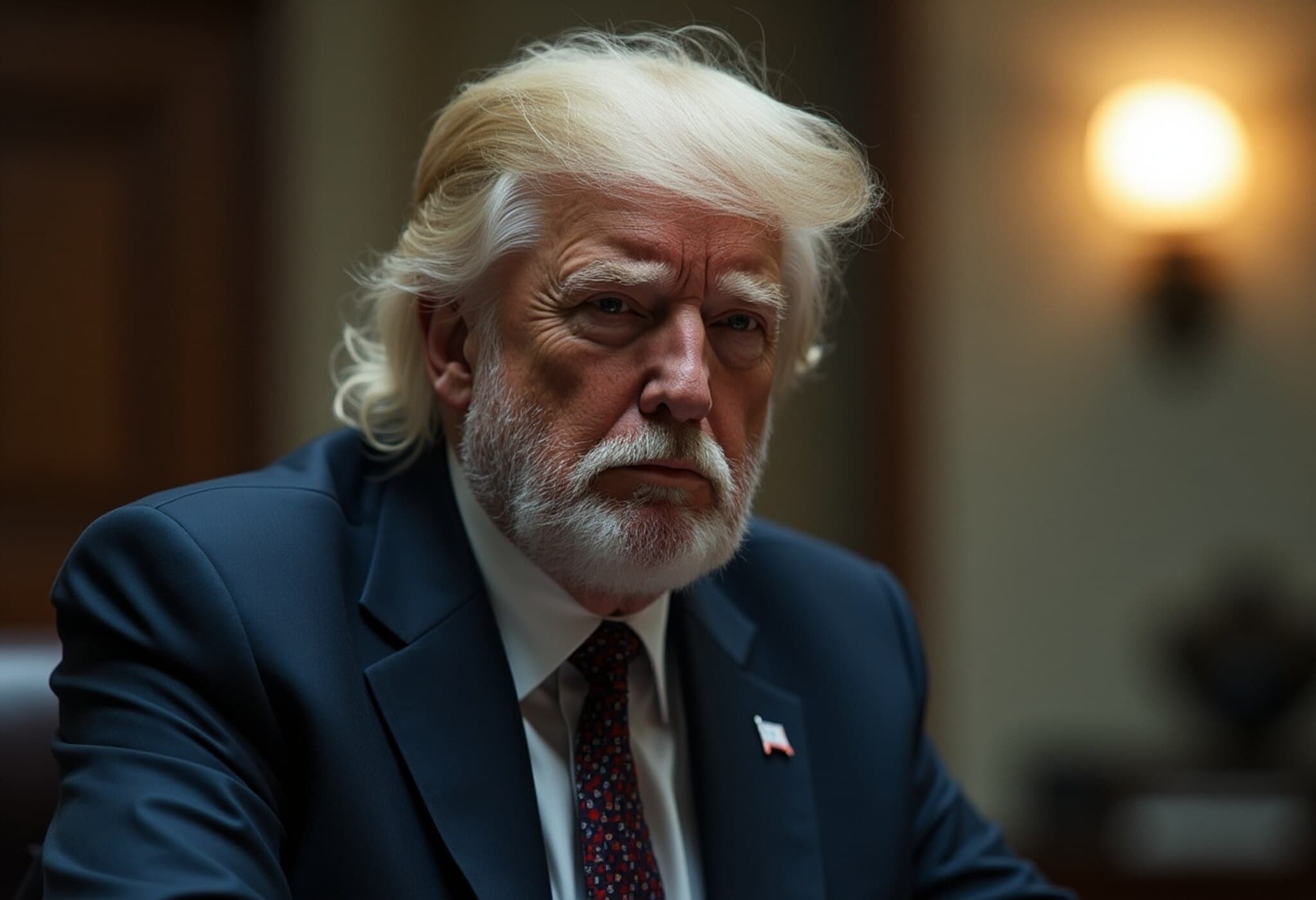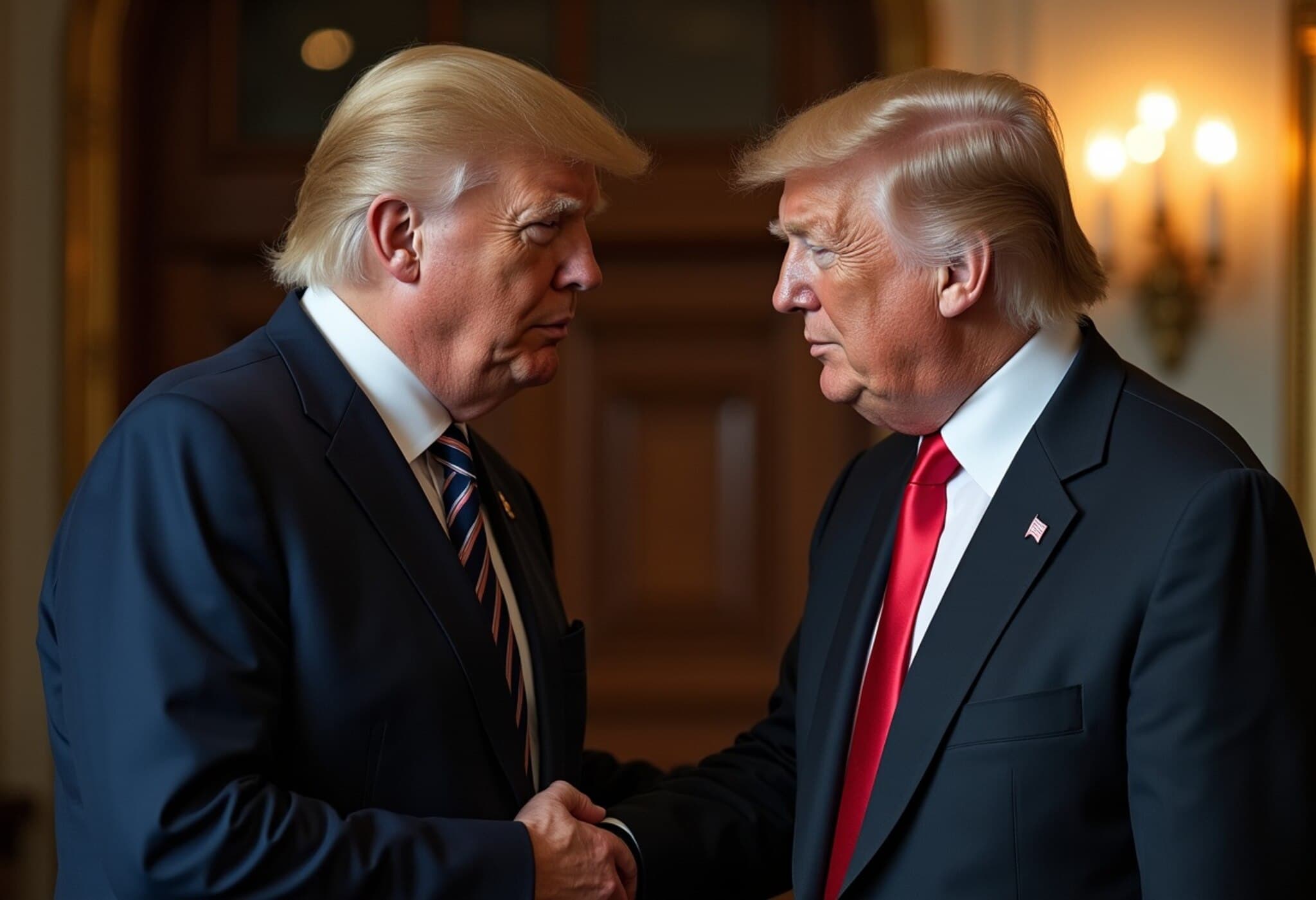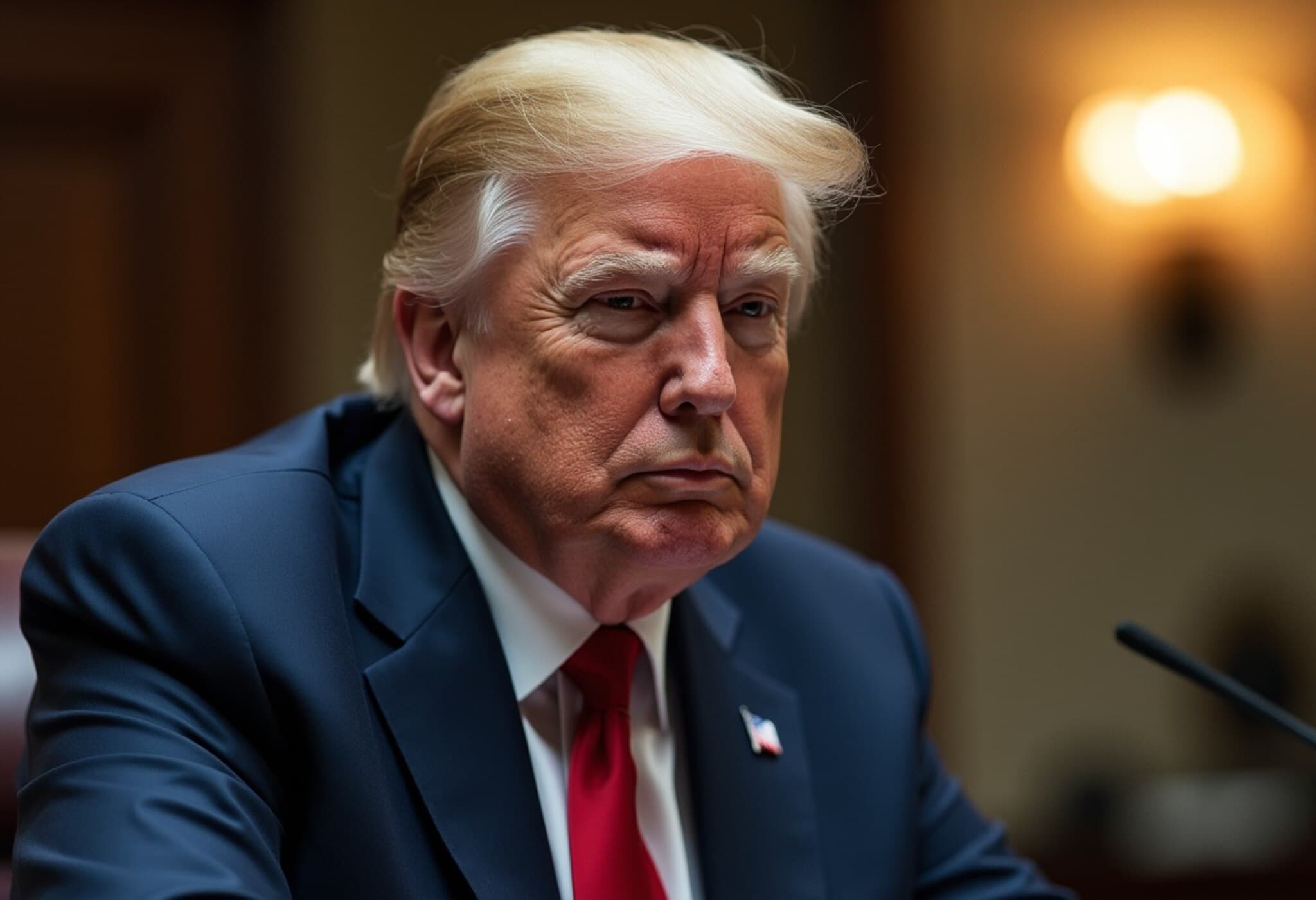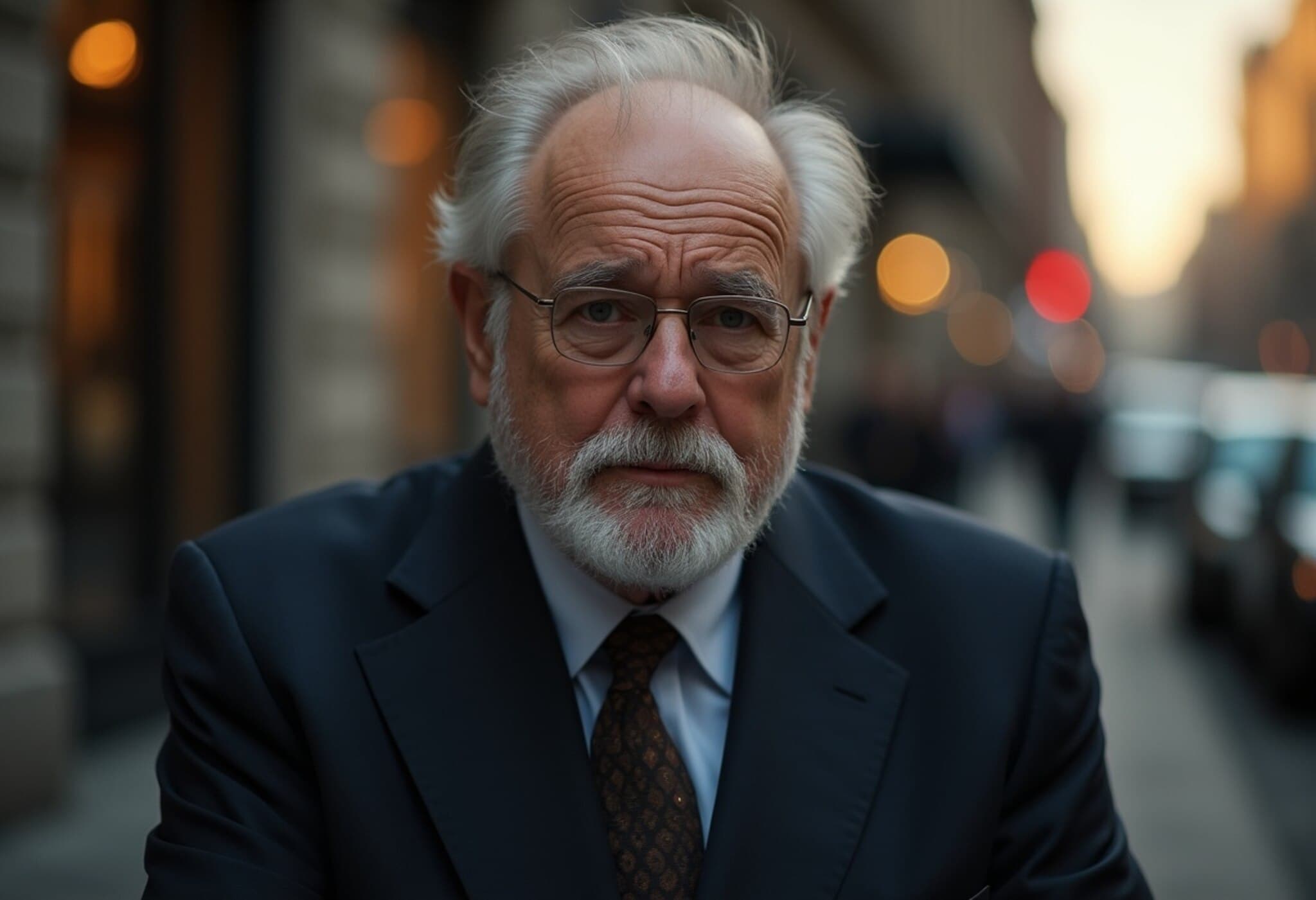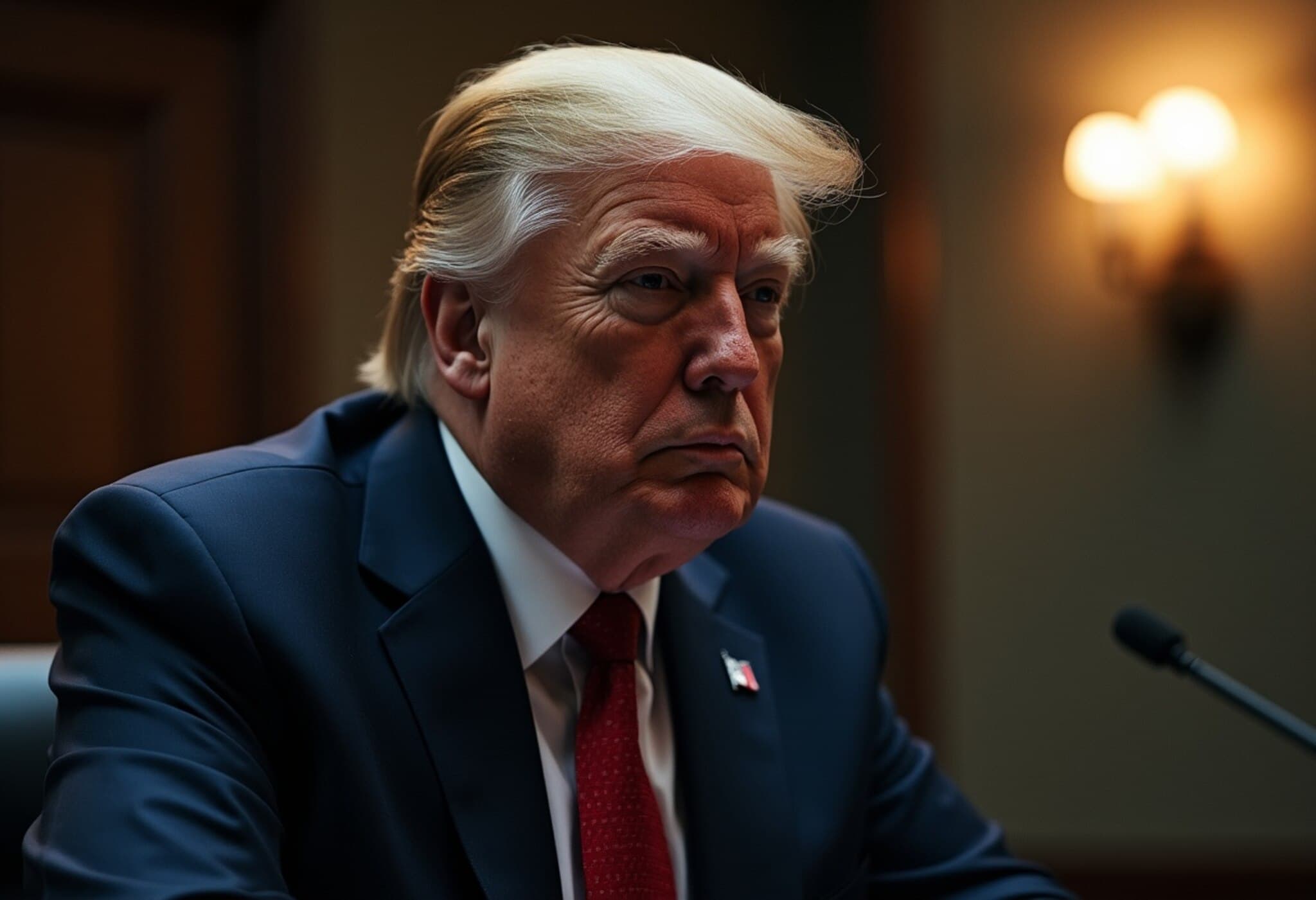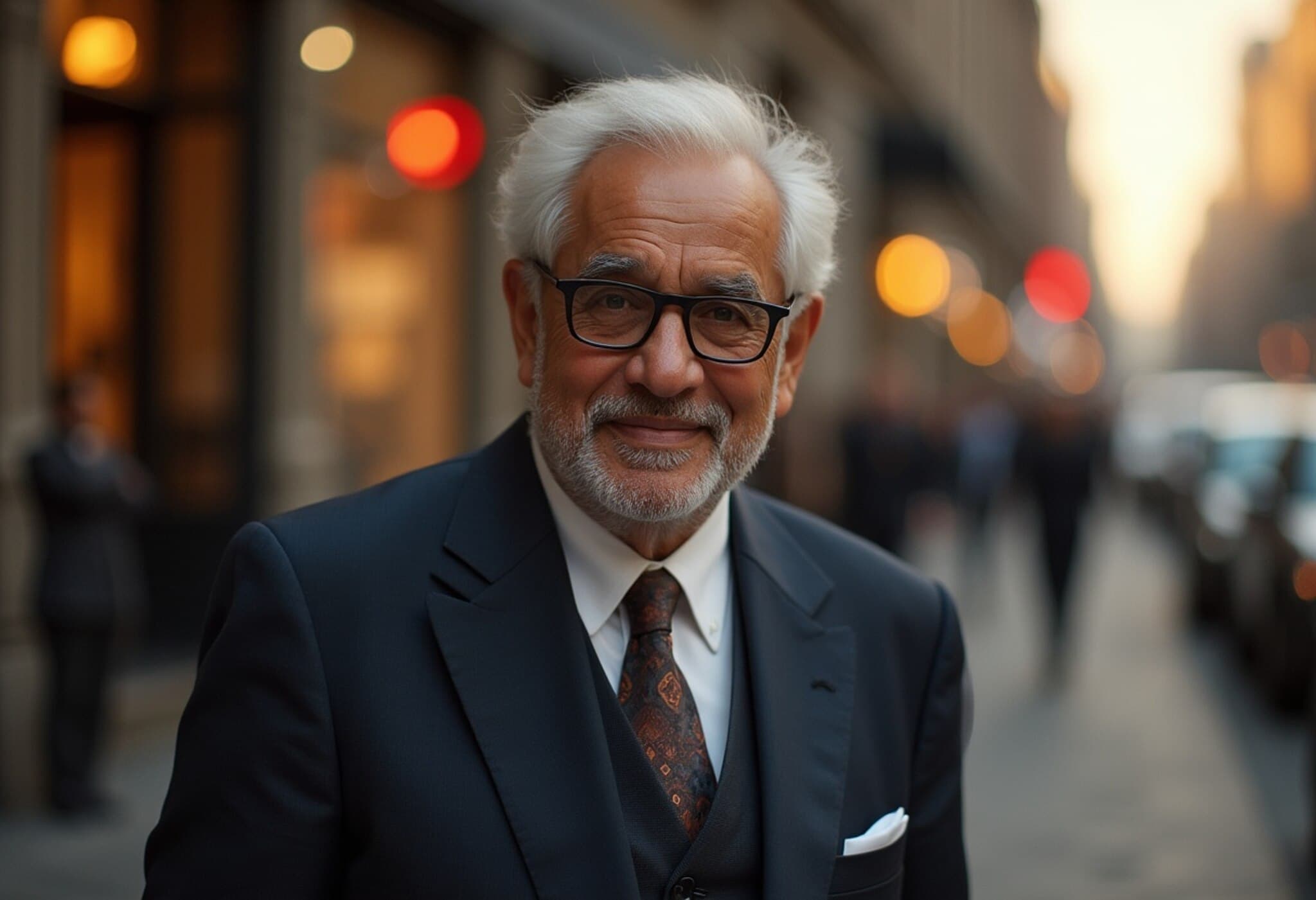Mark Epstein Publicly Disputes FBI’s Conclusion on Jeffrey Epstein’s Death
In a striking rebuke of official findings, Mark Epstein, brother of the late financier Jeffrey Epstein, has openly challenged the FBI and Department of Justice (DOJ) assertions that Jeffrey died by suicide in 2019. Speaking on NewsNation's CUOMO, Mark Epstein described the FBI’s conclusion as "stupid" and criticized the investigation for lacking transparency and credibility.
FBI and DOJ Confirm Suicide but Meet with Skepticism
The DOJ's recent memo reaffirmed that after a "exhaustive review," Epstein hanged himself in his Manhattan prison cell on August 10, 2019, at the Metropolitan Correctional Center. Despite this, Mark Epstein insists the official narrative doesn't hold water and points to unresolved inconsistencies.
- Missing surveillance footage: Mark says requested camera footage from the night of Epstein’s death was either "unavailable" or did not cover vital areas.
- Conflicting autopsy interpretations: Two pathologists involved, Dr. Kristin Roman and Dr. Michael Baden, reportedly did not reach a definitive conclusion on the manner of death.
- Disputing expert claims: Mark Epstein openly mocked Kash Patel, a former Pentagon official endorsing the suicide ruling, questioning Patel’s qualifications and even sarcastically pondering if he had a Boy Scout merit badge for first aid.
The Larger Context: Why Doubt Persists
Jeffrey Epstein’s death continues to ignite debate because of the high-profile nature of his criminal network and the powerful individuals implicated in his alleged trafficking operations. Many have raised suspicions about possible motives to silence Epstein before he could potentially expose others.
Mark Epstein’s vocal skepticism throws fuel on these fires, spotlighting questions about procedural failures, including:
- The unexplained lack of fully accessible surveillance footage.
- The absence of consensus among forensic experts on cause of death.
- Contradictory public statements, including claims about alleged “client lists” that the DOJ denies finding.
Additionally, the dismissal of Kash Patel’s assessment by Mark touches on broader public concerns about who is deemed “qualified” to speak confidently on forensic conclusions and highlights how political and bureaucratic narratives can clash with independent expert opinions.
Expert Insight: The Importance of Transparent Investigations
From an investigative journalism and legal perspective, the Epstein case underscores the critical need for open, transparent forensics and clear communication by law enforcement to maintain public trust. When significant evidence, like surveillance footage, remains unavailable or ambiguous, it naturally leads to question the completeness and integrity of official reports.
Moreover, the intersection of national security, criminal justice, and high-profile financial crimes complicates the narrative and fuels conspiracy theories. Experts emphasize that while skepticism is healthy, it must be grounded in sound evidence rather than speculation or political point-scoring.
Looking Ahead: What This Means for Public Trust
Mark Epstein’s comments revive discussion not only about the circumstances of Jeffrey Epstein’s death but about the broader implications for trust in institutions tasked with upholding justice. As the DOJ and FBI defend their findings, the public and media continue to probe for clarity.
The case also invites reflection on how high-stakes investigations involving influential figures can erode public confidence if perceived as incomplete or biased.
Questions That Remain Unanswered
- Why is critical surveillance footage missing or claimed not to cover the scene?
- What accounts for the differing interpretations among forensic experts on Epstein’s cause of death?
- How will law enforcement rebuild credibility amid widespread skepticism?
- What lessons can be learned to prevent similar controversies in future high-profile cases?
Editor’s Note:
The unresolved questions around Jeffrey Epstein’s death present a cautionary tale about the intersection of power, accountability, and justice. Mark Epstein’s outspoken criticism highlights the human desire for truth and the challenges that arise when official accounts fail to fully explain complex events. Readers are encouraged to consider both the evidence presented and the broader social and legal contexts that shape public perceptions of institutional trustworthiness.

